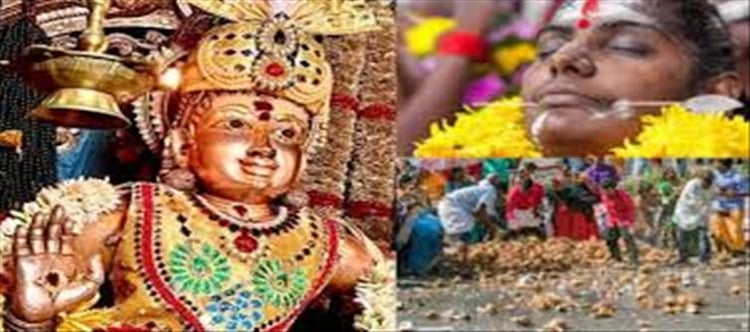
Thaipusam shubh Muhuratham: Customs and Importance!
Thaipusam, also known as Thai Poosam, is a significant Hindu festival celebrated predominantly by the tamil community. In 2025, Thaipusam falls on Tuesday, february 11th. The Poosam Nakshathram (Pushya star) begins at 6:01 PM on february 10th and concludes at 6:34 PM on february 11th.
Significance:
Thaipusam commemorates the occasion when Goddess Parvati bestowed upon her son, Lord Murugan (also known as Kartikeya), a divine spear called the "Vel." With this weapon, he vanquished the demon Soorapadman, symbolizing the triumph of good over evil. The festival underscores themes of devotion, courage, and righteousness.
Rituals:
Fasting and Preparation: Devotees often observe a period of fasting and abstinence before the festival, adhering to a strict vegetarian diet and engaging in regular prayers to purify the mind and body.
Kavadi Attam (Burden Dance): A prominent ritual where devotees carry a "Kavadi," a semicircular wooden or bamboo structure adorned with flowers, peacock feathers, and images of deities. Some participants pierce their skin, tongue, or cheeks with skewers, demonstrating their devotion and penance.
Milk Pot Offerings (Paal Kudam): Many devotees carry pots of milk on their heads to the temple as an offering to Lord Murugan. This act symbolizes purity and devotion.
Body Piercing: As an act of penance and devotion, some devotees pierce parts of their bodies, such as the cheeks, tongue, or back, often attaching small pots or pulling chariots as a testament to their faith.
Processions: Elaborate processions are held, featuring devotees bearing Kavadis, playing traditional music, and chanting hymns in praise of Lord Murugan. In places like palani in tamil Nadu, a 10-day event includes various activities culminating in the Kavadi procession.
These rituals are expressions of gratitude, devotion, and penance, with devotees seeking Lord Murugan's blessings to overcome obstacles and attain spiritual growth.




 click and follow Indiaherald WhatsApp channel
click and follow Indiaherald WhatsApp channel